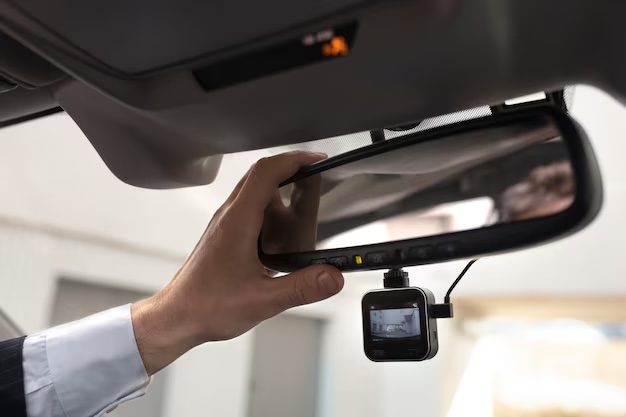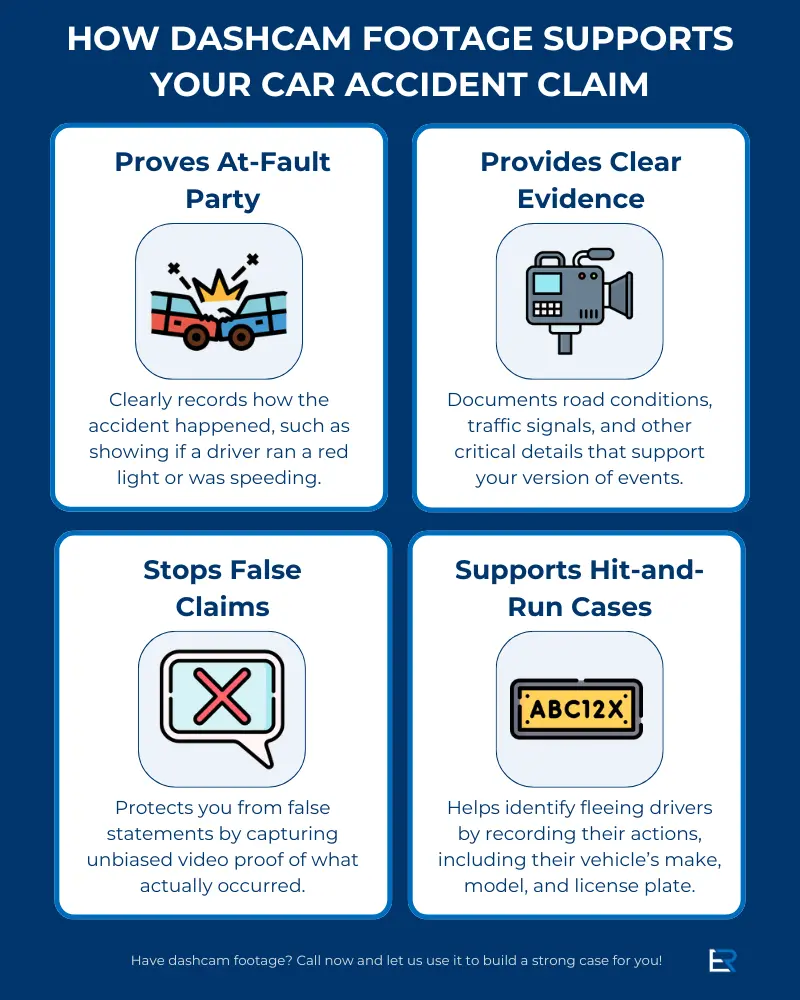Consider the value of an impartial witness that records every mile you drive—one that captures every detail with precision and never relies on memory. Dashcam footage offers precisely that, serving as a powerful tool in establishing the facts of an accident claim.
What Is a Dashcam?

A dashcam (short for dashboard camera) is a small recording device mounted on your vehicle windshield or dashboard that continuously captures footage while you drive. Some dashcams also record audio, interior views, or even rear-facing angles.
Dashcams are affordable and easy to install. They run on power from your car’s cigarette lighter or battery and start recording automatically when the engine turns on.
How Dashcam Accident Footage Strengthens Your Claim

Proving fault after a car accident can be challenging, especially when there are conflicting statements from drivers, police, and witnesses. Dashcam footage provides unbiased, timestamped evidence that can establish what happened.
Here’s how dashcam accident footage can help your claim:
- Proves Fault: The video shows exactly how the accident happened—whether someone ran a red light or was speeding.
- Provides Evidence: Dashcam footage can verify road conditions, traffic signals, and other factors.
- Stops False Claims: Protects you from fabricated stories, like the other driver claiming you caused the crash.
- Supports Hit-and-Run Cases: Can record the fleeing vehicle’s make, model, and license plate.
Example: Let’s say you were rear-ended at a stoplight. Without a dashcam, it might be your word against theirs. With dashcam footage, you have clear proof that you were stationary and not at fault.
Common Types of Accidents Captured by Dashcams
Dashcams are especially useful in certain types of accidents. They capture real-time footage that can be critical in these scenarios, leaving little room for disputes. Dash cams can reveal the actions of all involved drivers in the moments surrounding a collision:
- Rear-end collisions – Prove that you were stopped or driving normally before being hit.
- Red-light or stop-sign violations – Capture reckless drivers running signals or stop signs.
- Drunk or distracted driving incidents – Show erratic driving patterns before impact.
- Road rage or reckless driving encounters – Document aggressive or dangerous behavior.
- Hit-and-run accidents – Record the fleeing driver’s vehicle and license plate.
Benefits of Having a Dashcam in Your Car

Dashcams are often viewed as a tool for capturing accidents, but their benefits extend beyond proving fault in a collision. These compact recording devices provide continuous surveillance of your vehicle’s surroundings, offering protection in ways many drivers don’t initially realize. For example:
- Peace of Mind: You’ll always have an “eyewitness” in case of disputes.
- Faster Claim Processing: Insurance companies are less likely to dispute clear video evidence.
- Protection Against Fraud: Prevents scams like staged accidents where drivers cause collisions for insurance payouts.
- Safety in Hit-and-Runs: Record crucial details, such as the fleeing driver’s car make, model, or plate number.
- Encourage Safe Driving: Knowing they’re being recorded encourages drivers to follow traffic laws and drive more safely, reducing accident risk.
Legal Considerations: Are Dashcams Always Admissible in Court?
Dashcam footage can be one of the most compelling pieces of evidence in a car accident case—but that doesn’t mean it’s always accepted in court. While a clear video can help establish fault, certain legal and technical issues may affect whether it’s admissible as evidence.
Some key factors that determine whether your footage will hold up in court are:
- Privacy laws – California allows dashcams but requires consent for interior audio recordings.
- Tampered or edited footage – Insurers and courts may reject altered videos.
- Footage from improper dashcam placements – If a dashcam is mounted in a way that obstructs the driver’s view or is placed in an area that could interfere with airbag deployment, its footage may be deemed inadmissible.
FAQs About Dashcams and Accident Claims
You likely have some questions if you plan to use dashcam footage in your accident claim. Here are some common questions and answers:
Do I need a dashcam to file a car accident claim?
No, you can file a claim without a dashcam. However, having clear video evidence can make your claim much stronger and faster to resolve.
Does my insurance company accept dashcam footage as evidence?
Most insurers do accept dashcam footage as evidence, as long as it’s clear, relevant, and unedited. However, some companies may try to downplay its importance—this is why having an attorney review your footage first is critical.
Who do I show the dashcam footage to in car accident?
Start by sharing the footage with your attorney. They will determine the best way to use it as evidence and decide if it should be sent to the insurance company or presented in court. Avoid sending footage directly to the insurance company without legal guidance, as they may use it to minimize your claim.
Are you allowed to send dashcam footage with the accident report?
Yes, you are generally allowed to send dashcam accident footage with your accident report. However, it’s best to consult with an attorney before doing so. They can advise on whether the footage helps or hinders your case and ensure it’s submitted appropriately to support your claim.
Can dashcam footage be used against you?
Yes, if it shows you were partially at fault. California follows comparative negligence laws, meaning your compensation may be reduced by your percentage of fault. Our attorneys will review the footage and minimize any impact it may have on your case.
What If I Don’t Have a Dashcam?
While dashcams can provide persuasive evidence, you can still gather plenty of other proof to support your accident claim, even if you don’t have one. Here are some other forms of evidence you can use to build a strong claim:
- Eyewitness Statements: Gather contact information from people who saw the accident happen.
- Traffic Camera Footage: If the accident occurred in an area with traffic or security cameras, footage from these devices could be helpful.
- Photos of the Accident Scene: Take pictures of the damage to your vehicle, skid marks, traffic signs, and anything else that might support your claim.
Don’t stress if you don’t have a dashcam—there are still plenty of ways to prove what happened. Our attorneys can help you gather and organize all available evidence to strengthen your case.
How a Car Accident Attorney Can Use Your Dashcam Footage to Help Your Case
Dashcam footage can be powerful, but it needs to be handled correctly. This is where having an experienced car accident attorney can make all the difference.
Our team will:
- Analyze the Footage: We review your video frame by frame to highlight key evidence.
- Negotiate with Insurers: Insurance companies look for ways to pay less. Dashcam footage allows us to demand fair compensation for your injuries and damages.
- Prepare for Court: If your case goes to trial, we’ll use the footage to present a strong and clear case.
- Handle Privacy Rules: We’ll ensure the footage is used legally and won’t cause any issues with California’s privacy laws.
Don’t Leave Your Case to Chance–Contact El Dabe Ritter Today!

You shouldn’t have to struggle to prove what really happened. With dashcam footage and the right legal team, you can take control of your case. At El Dabe Ritter Trial Lawyers, our experienced attorneys can help you use your dashcam footage effectively, push back against unfair claims, and secure the justice you’re entitled to.
We work on a contingency basis. That means you don’t pay unless we win your case, so there’s no financial risk in reaching out for help.
Don’t wait! Call El Dabe Ritter Trial Lawyers today for a free consultation.
Disclaimer: The information provided in this blog post is not intended as legal advice and should not be relied upon as such. You should consult with an experienced attorney for advice on your specific situation.

